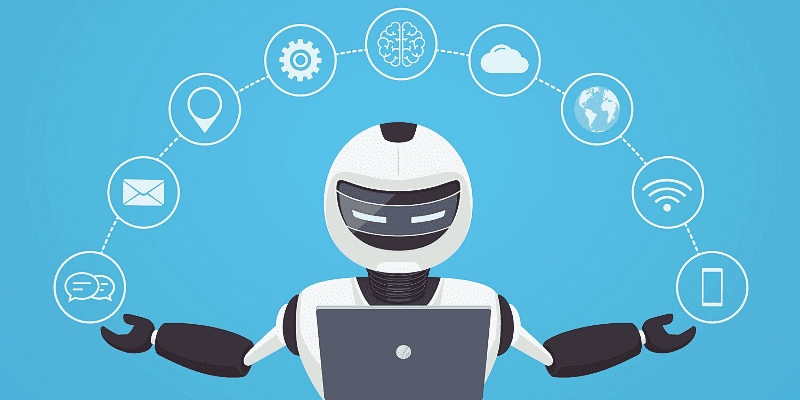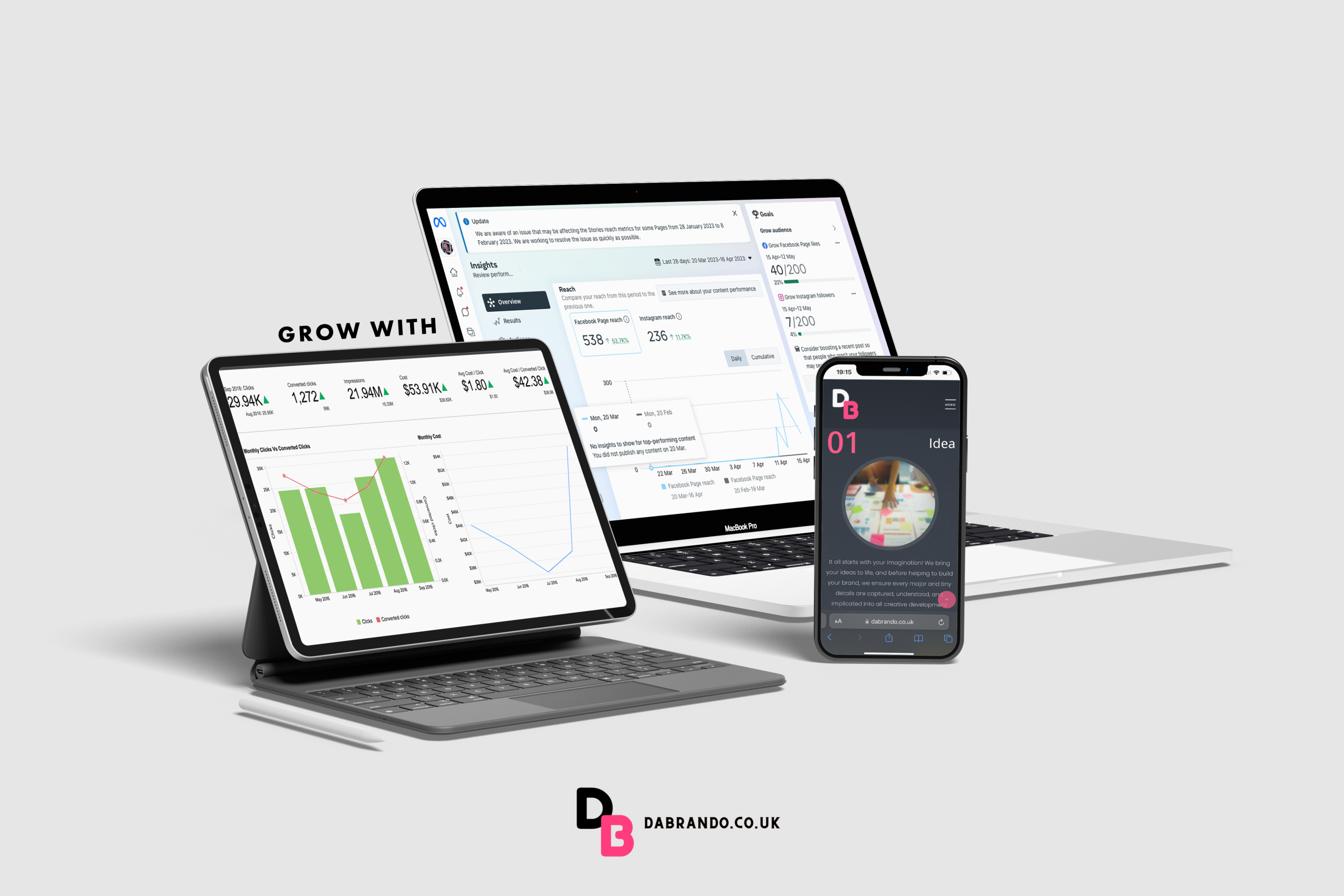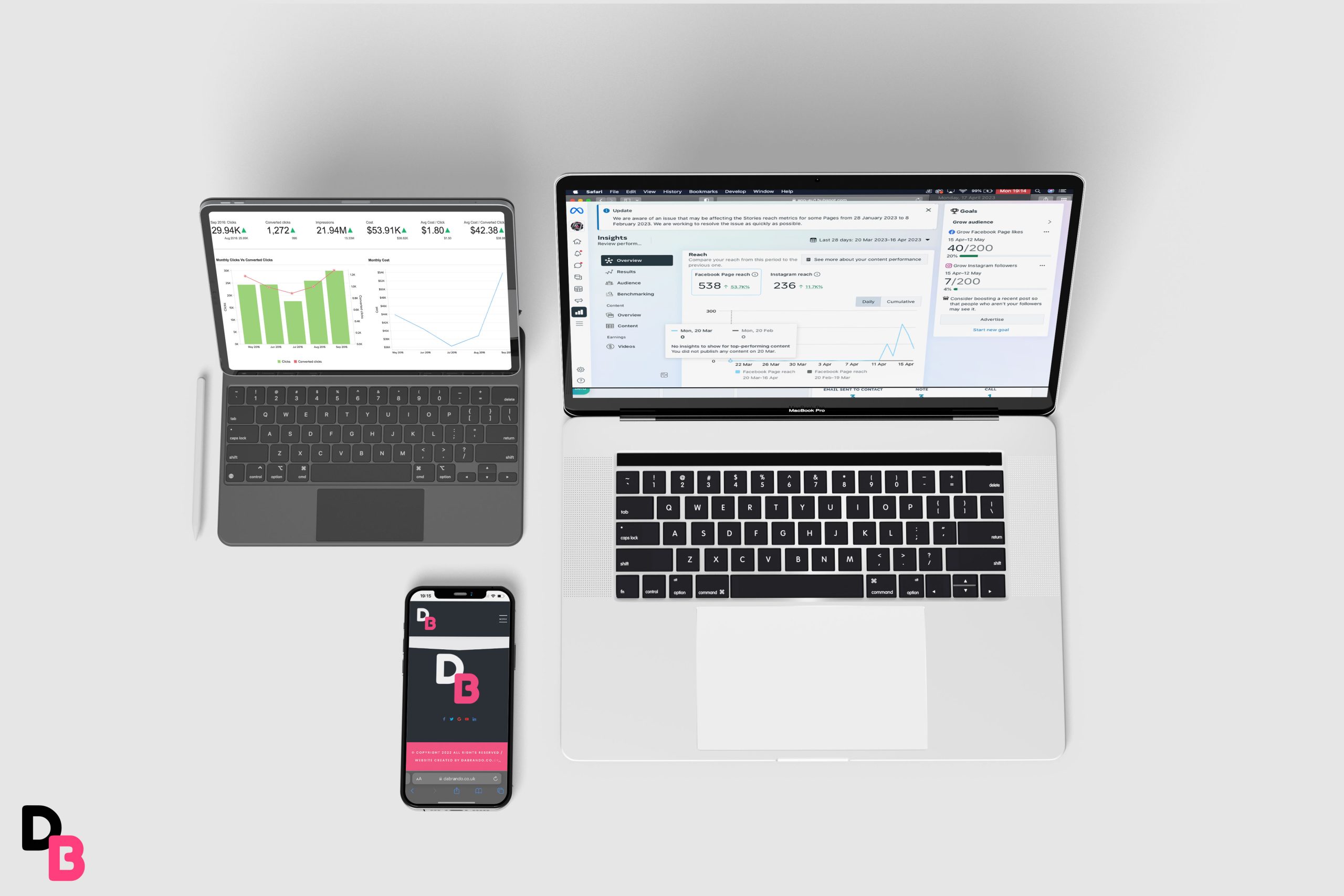AI vs Marketers: Who’s Really Running Campaigns in 2025?
As we progress through 2025, the marketing industry is undergoing a transformative shift, propelled by rapid advancements in artificial intelligence (AI), evolving consumer behaviors, and the emergence of new technologies. This evolution is redefining traditional marketing paradigms, compelling businesses to adapt and innovate to maintain relevance and competitiveness.
AI: The Catalyst of Modern Marketing
AI has transitioned from a futuristic concept to a fundamental component of marketing strategies. According to McKinsey’s 2025 State of AI report, 78% of companies have integrated AI into their operations, with 71% specifically utilizing generative AI tools. This widespread adoption underscores AI’s pivotal role in enhancing efficiency, personalization, and decision-making processes within marketing departments.LinkedIn

Salesforce exemplifies this trend with its “Agentforce” initiative, leveraging agentic AI to autonomously handle customer interactions. This approach has led to 84% of customer queries being resolved without human intervention, significantly improving response times and customer satisfaction. Wikipedia+4The Australian+4Salesforce+4
Emergence of Answer Engine Optimization (AEO)
The traditional focus on Search Engine Optimization (SEO) is being complemented by Answer Engine Optimization (AEO), a strategy aimed at optimizing content for AI-driven answer engines like ChatGPT and Google’s Bard. AEO emphasizes providing comprehensive and authoritative answers to user queries, enhancing visibility in AI-generated responses. Business Insider
This shift necessitates a reevaluation of content strategies, focusing on depth, relevance, and clarity to meet the nuanced requirements of AI algorithms.
Balancing Automation with Human Creativity
While AI offers unprecedented capabilities in data analysis and automation, industry leaders emphasize the irreplaceable value of human creativity. Johnny Hornby, CEO of The & Partnership, critiques the notion that AI can fully automate creative advertising, asserting that “brand identity and creative storytelling are irreplaceable.” The Times
This perspective highlights the importance of a synergistic approach, where AI handles data-driven tasks, and human ingenuity drives brand narrative and emotional connection.
Personalization and Ethical Considerations
AI’s ability to analyze vast datasets enables hyper-personalized marketing, tailoring content to individual preferences and behaviors. However, this capability raises ethical concerns regarding data privacy and consumer consent. Sundar Pichai, CEO of Google, emphasizes that “the future of AI is not about replacing humans, it’s about augmenting human capabilities,” advocating for responsible AI integration that respects user autonomy. WikipediaTime
Marketers must navigate these ethical considerations, ensuring transparency and building trust with consumers in an increasingly data-driven environment.
The Rise of AI-Powered Customer Interactions
AI agents are revolutionizing customer engagement by providing real-time, personalized interactions across various platforms. Companies like Meta are investing heavily in AI-based messaging solutions, enhancing customer service and fostering deeper connections. However, the integration of AI in customer interactions also presents challenges, such as maintaining authenticity and managing potential errors. WSJ
Businesses must carefully design AI interactions to ensure they complement human touchpoints and uphold brand integrity.
Future Outlook and Strategic Recommendations
The marketing landscape in 2025 is characterized by rapid technological advancements and shifting consumer expectations. To thrive in this environment, businesses should consider the following strategies:
- Invest in AI Literacy: Equip marketing teams with the knowledge and skills to effectively leverage AI tools, fostering innovation and efficiency.
- Prioritize Ethical Practices: Develop clear guidelines for data usage and AI implementation to maintain consumer trust and comply with regulatory standards.
- Embrace AEO: Adapt content strategies to align with the requirements of AI-driven answer engines, enhancing visibility and relevance.
- Foster Human-AI Collaboration: Encourage a collaborative approach where AI handles analytical tasks, and human creativity drives storytelling and brand development.The Times+1CoSchedule+1
By adopting these strategies, businesses can navigate the complexities of the modern marketing landscape, leveraging AI’s capabilities while preserving the human elements that resonate with consumers.
For further insights into the evolving marketing landscape, consider exploring the following resources:
- State of Marketing AI – 2025 Report Findings
- Digital Marketing Trends For 2025 And Beyond – Forbes
- AI Agents Will Transform Customer Relationships – WSJ
- Forget SEO. The hot new thing is ‘AEO.’ – Business Insider
Embracing the fusion of AI technology and human creativity will be pivotal in shaping successful marketing strategies in 2025 and beyond.
📧 Looking for help advertising / marketing your business?
Contact us today at grow@dabrando.co.uk or explore our services to learn more, or Book A Free Discover Call to get started today!





